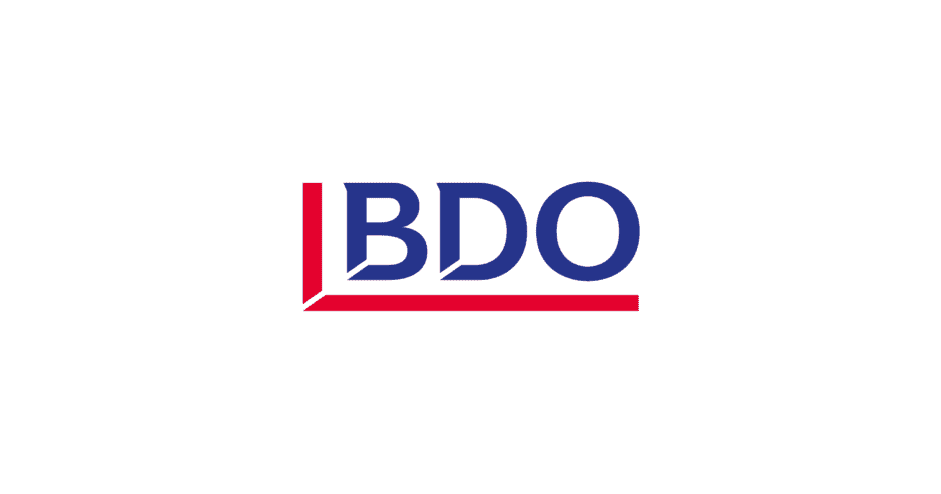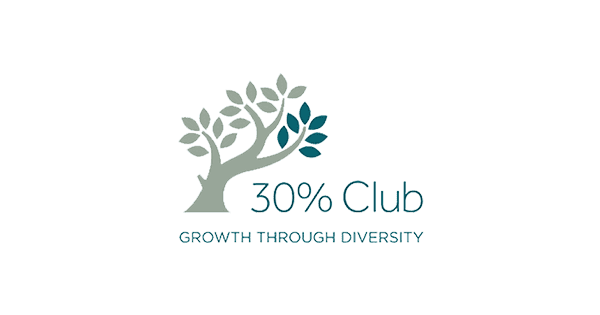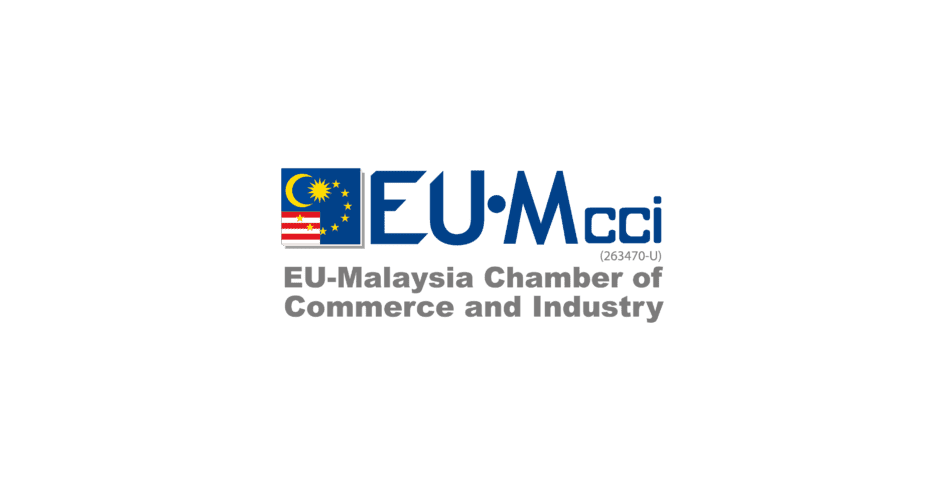
Innovation adviser Erik PM Vermeulen believes the secretive, closed and controlled world of corporations, which was so effective in
delivering economic and social development, “is now out of touch with the values of the digital world.”
Business leaders using old business models, outdated organisational structures and strategies won’t cut it in the new world. Digital disruption is no longer news – it has already happened. Boards, as stewards of the organisation, need to quickly adopt the right approach in this new reality.
This is one of several bold, complacency-shattering statements that precede the introduction of innovation adviser, professor and legal practitioner Erik PM Vermeulen, whose 2019 essay, ‘The End of the Corporation’, has likely rubbed up against some ingrained biases.
And all because he asked virtual assistant Siri a simple question – ‘What is the purpose of a corporation?’
Vermeulen may just pose the same question to the audience at the International Directors Summit at the Shangri-La Kuala Lumpur come Oct 14-15, at which he is an invited speaker, giving an insight-laden talk on the part of digital disruption every board (of directors) needs to know.
“What surprised me was the negative response, ” shares Vermeulen. Detractors called the statement window-dressing; a cheap and easy way to address anti-corporate sentiment, and even, ‘a defence mechanism by business leaders against activist investors’.
Vermeulen, however, thought, “It was nothing more than the first step in acknowledging the end of the corporation.”
Based on his own personal experience in a multinational company, he relates, “Corporate leaders were pointing out something that I have been witnessing over the last decade.”
In a nutshell, Vermeulen believes we are living in the greatest time in history, because, “Digital technologies are turning the world upside down.”
Digital technologies have changed consumer behaviour, he asserts; consumers don’t appreciate mass production anymore.
“Brand loyalty is increasingly fragile, ” he points out.
While there may be those who echo his sentiments or those poised to oppose such views, Vermeulen is undeterred.
“The digital transformation has created an unprecedented degree of choice, ” he says, and technology has made consumers more knowledgeable and sophisticated, and, “They will only stay if ‘products’ offer them a meaningful and personalised experience.”
Forward-thinking business leaders understand that they have to create value for all stakeholders, he iterates; “It’s about creating an environment – or ecosystem – in which they feel valued, ” and not so much, he adds, about keeping them all happy.
Successful business leaders don’t act as if they are the smartest guys in the room. Instead, he shares, “They provide the context for communication, collaboration and co-creation.”
This was impossible in the 20th century, he adds, and we’re clearly not there any longer.
“To remain relevant, every business must become a tech business, ” he advises.
But why?
Because of the exponential growth of technology, which has allowed feedback from stakeholders to become more available, easier to obtain.
But also – “To remain relevant, every business must also become a media business, ” he adds soon after.
Surely not all businesses have that ability to pivot that fast?
He mitigates the point; “There is another quick way to get instantaneous and consequential input (from stakeholders) using digital and social media platforms, in which to have an open and inclusive dialogue with stakeholders.
So Vermeulen is not being literal in saying all corporations must emulate Amazon or Google overnight; what he is saying is the market has changed, thanks to tech, and this disruption has no longer allowed corporations to immunise themselves from market disruptions. Evolve or fail, it sounds like.
He illustrates the point.
“Phillips, a Dutch multinational, has shifted its annual report from a dry, legalistic report that no-one reads, into an interactive content experience for the broader stakeholder community. Microsoft, ” he adds, “has appointed a Chief Storyteller to help stakeholders understand who they [Microsoft] are, what they do, and why they exist.”
The move, he adds, “certainly helped Microsoft rediscover its soul.”
While these brand behemoths are evolving, Vermeulen is steadfast in believing that this ‘trend’ is not some ‘cosmetic PR exercise’, as he terms it.
“I just think it reflects their struggle to adapt to a rapidly-changing environment.”
The secretive, closed and controlled world of corporations, he says, which was so effective in delivering economic and social development, “is now out of touch with the values of the digital world.”
Digital technologies have created a new culture of transparency, engagement and choice, he affirms.
Businesses can no longer operate as distinct corporate entities with a few alliances and joint ventures; instead, they need to become increasingly organised as open, inclusive ecosystems.
When that happens, Vermeulen knows he will then ask Siri – ‘Siri, what is an ecosystem?’
Hear Erik PM Vermeulen exchange more insights at the International Directors Summit 2019, Oct 14-15, organised by the Institute of Corporate Directors Malaysia. Erik is a faculty member of ICDM and has conducted a series of talks and programmes on “Doing Business in the Digital Age” for board directors. Visit www.icdm.com.my/ids2019
This article appeared in The Star on October 1, 2019.















